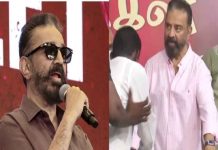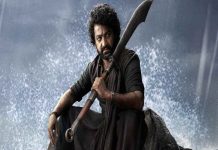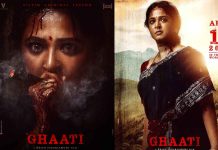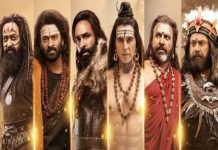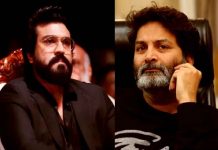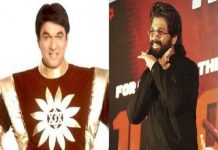Srivathsan Nadadhur
Every generation of film music listeners has this one composer in whom they find their voice and who represents their zest for life – Devi Sri Prasad was that man for the 90s Telugu film spectator. For someone who was introduced to the appeal of mainstream film music through Mani Sharma, and was soaking in the oceanic depths of A R Rahman, Devi Sri Prasad made music more accessible to the young. His numbers had a playful quality, a sort of mischief that awakened the teenager among many young men and women.
If it was Devi that opened his doors in the film industry, it was Anandam that signalled the arrival of a music-maker brimming with energy and freshness. It was an album unlike any in 2001. It brought the perfect makeover to the regional setting, it bore a folksy touch, had strong hook elements and the instrumentation was nothing like what one had heard before. The impact was such that an established filmmaker like Krishnavamsi reposed immense faith in the youngster with Khadgam and so did a mainstream actor like Nagarjuna in Manmadhdudu immediately after Anandam.
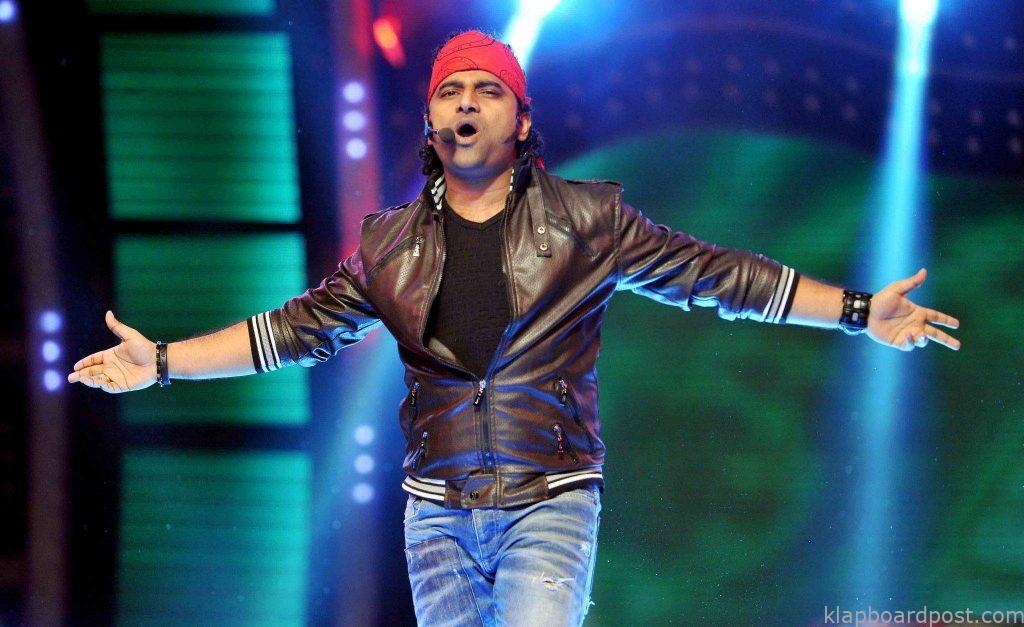
Though the popularity of Mani Sharma, S A Rajkumar or a Koti in the scene could hardly be questioned then, Devi Prasad clearly showed the difference he could bring to the Telugu film soundscape. Every industry has a phase where it is looking for an alternative from the mainstream and Devi Sri Prasad seized that opportunity at the right time and capitalised on it with great consistency (at least in his initial days). Khadgam, Manmadhudu, Sontham, Varsham and Arya proved he was no fluke. His biggest test was when he was brought on board for outright mass films like Shankar Dada MBBS and Mass – it marked his arrival in the mainstream territory and the results proved that he was quite ready for the big stage.
Ever since, Devi Sri Prasad’s canvas had only expanded in a wide range of stories, be it the lighthearted Nuvvostanante Nenoddantana, Bommarillu, a semi-classical fare like Pournami, an emotional drama like Rakhi. He alternated between small, medium films and the occasional star project consistently in his first decade in the film industry. DSP’s priorities seem to have changed since the early 2010s and his music was getting bracketed into a certain zone. One can’t help but feel that the quality was suffering to a certain extent, yet he gave his best shot to rise above the stereotyping.
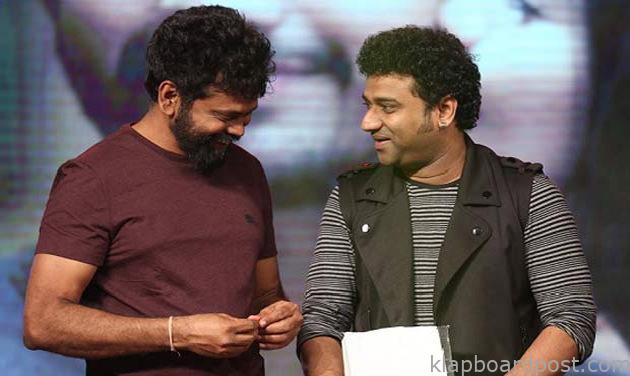
To those who preferred to milk his success formula and in instances where stories were uninspiring, his music mirrored that disinterest. It required capable filmmakers to get the best out of him – Mr Perfect, 100% Love, Gabbar Singh and Mirchi were proof of it. It’s no secret that Sukumar was the most prominent name among them and the quality and the diversity in their combo spoke for itself – Arya, Arya 2, Nannaku Prematho, 1 Nenokkadine and the very recent Rangasthalam being an excellent reminder of the versatility that DSP was capable of. However, the album that the composer claims as a personal favourite, purely for the working experience is Kamal Haasan’s Manmadhan Ambu.
Another association that worked reasonably well with DSP was Koratala Siva, particularly Mirchi, Srimanthudu and Bharat Ane Nenu. DSP along with Thaman became the readymade choices for most star films in the 2010s. He has been a music maker who has used catch phrases quite effectively, sample ‘Ammadu Lets do Kummudu’, ‘Follow Follow’, ‘Sailaja Sailaja’ ‘Rangamma Mangamma’ or ‘Ringa Ringa’. While Devi Sri Prasad as a singer continues to have that infectious enthusiasm to uplift the spirits of a listener, he had his fair share of fun as a lyricist. Though the numbers aren’t anything you would remember for their literary finesse, it’s impossible to ignore his flair, be it a Nannaku Prematho or an Aakasam (in Kalusukovalani).
Even now, it’s quite obvious to say that Devi Sri Prasad is only one album away from finding his mojo – the blame can’t always be shifted upon him and it is high time that storytellers don’t restrict his horizons to that one staple romantic comedy or a conventional massy outing. If given an opportunity to name the phase that defined brand ‘DSP’ of music, it’s his years between 2001 and 2006. With this man, the question is never about ability but the extent to which the directors are able to tap into that unharnessed potential. Devi Sri Prasad has a lot of fuel left in his tank and it’ll be interesting to see the trajectory his music takes in the coming years.
Until then, Klapboardpost.com wishes him a happy birthday!

